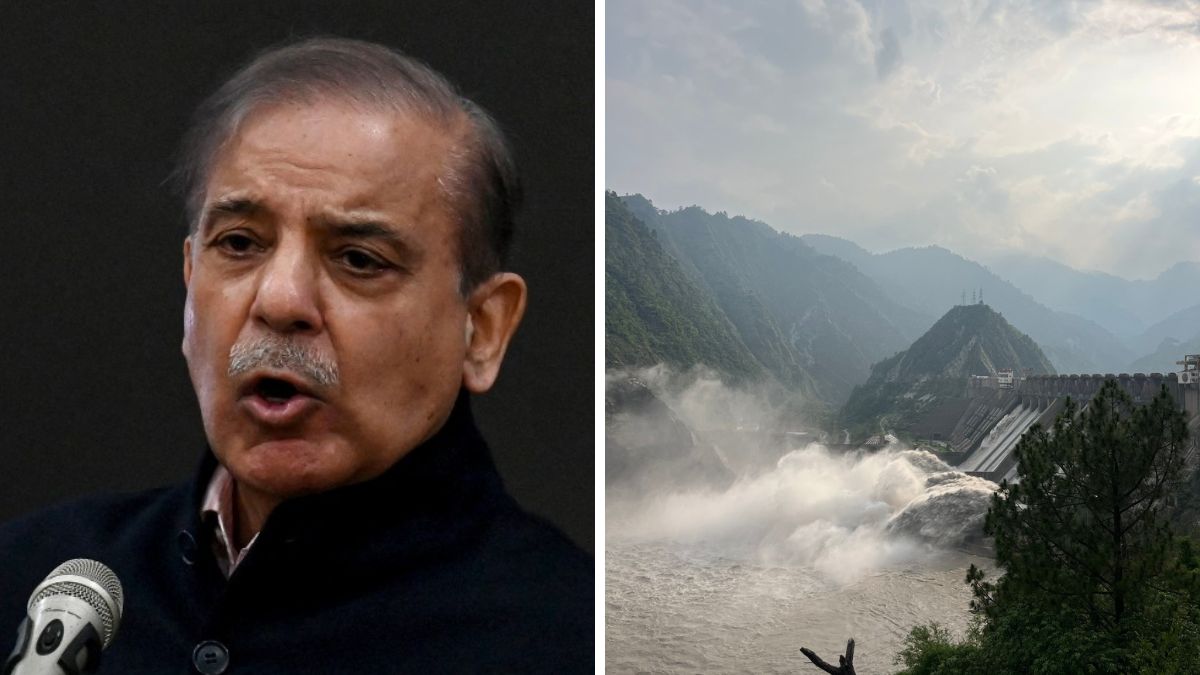Indus Waters Treaty: Done with threats, Pakistan now plans new water storage capacity

Pakistan Prime Minister Shehbaz Sharif has announced the country was enhancing water storage capacity after India refused to budge from its decision to put the Indus Waters Treaty in abeyance. The decision came after Pakistan's relentless demand to India to reinstate the treaty, and even approached the Permanent Court of Arbitration in The Hague in this regard.
India suspended the Indus Waters Treaty with Pakistan in April after the Pahalgam terror attack, citing Pakistan's alleged support for cross-border terrorism. India maintains that the treaty will remain in abeyance until Pakistan credibly ends its support for terrorism, despite Islamabad's constant accusations of "water terrorism.'
Sharif said on Tuesday that a decision was taken to enhance the country’s water storage capacity and accused India of "weaponising water." He then went on his usual tirade against India, stating "the enemy has evil designs against Pakistan", adding that his government would build a "non-controversial water storage capacity" by utilising resources such as the Diamer Bhasha dam and others.
The Diamer-Bhasha Dam is a concrete-filled gravity dam being constructed on the Indus between Kohistan in Khyber Pakhtunkhwa and Diamer district in Gilgit-Baltistan. The construction of the dam, which began during the Imran Khan government, was objected to by India as it was being built on "illegal territory". The work on the dam had run into multiple hurdles, with local people protesting against the dam, stating they would not allow the construction of the dam unless their demands were met.
However, Sharif said there was a clear clause in the 1991 water accord between the provinces to build on water capacity. "We will build this capacity with our own resources in the next few years. There is a critical role of the National Disaster Management Authority in this," he said.
Ever since India suspended the treaty, Pakistan has been attempting to highlight it as a water terrorism. After their complaints fell on deaf ears, Islamabad then began writing repeated letters asking India to lift the suspension of the treaty. However. Jal Shakti Minister CR Paatil rejected the letters, calling them just a formality that will not change India’s stand.
Recently, Pakistan approached the Court of Arbitration against the move. The court found that the terms of the Treaty, read in light of the Treaty’s object and purpose, do not allow either Party, acting unilaterally. However, India described the Court of Arbitration’s latest declarations as a "charade at Pakistan’s behest".
World